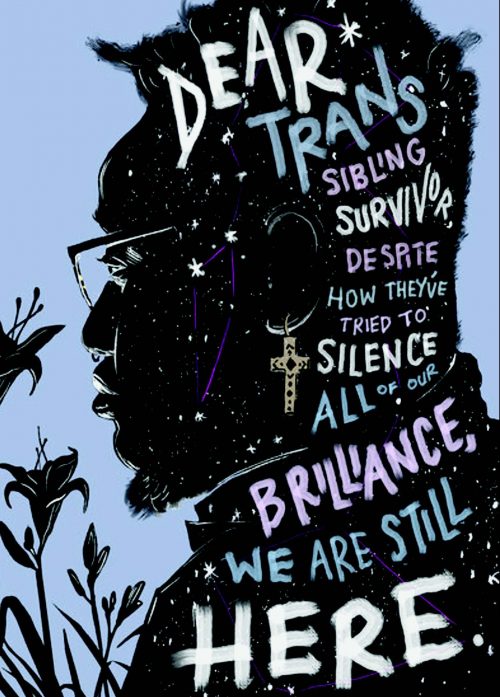Connect with a Confidential Advocate
Hope Services: Prevention and Confidential Support
Hope Services provides one-on-one confidential support to the PCC community who:
- Have been harmed by dating/domestic abuse (including but not limited to scary behavior, threats, and abuse including emotional, financial, reproductive, and physical), sexual violence, and/or stalking. Look at the Common Definitions page to learn more about these issues.
- Know someone who has been harmed and have questions about how to support; OR
- Are not sure if they have experienced this type of harm and would like to explore these topics.
Quick Guide: What is a Confidentiality?
Confidentiality means that PCC advocates do not report or talk with anyone else on campus or in the community about what is shared. There are a few limits to being 100% confidential, this includes staff being a mandatory reporter of child abuse and neglect. The advocate will share more about limits to being confidential during the first meeting. Check out the Confidentiality Explained PDF for more details about confidential services at PCC.
Common reactions after someone has been harmed
When someone goes through dating/domestic abuse, sexual violence, or stalking, there’s no “normal” way to react. Everyone reacts in a different way and whatever they feel is okay.
After a scary or dangerous event, it’s common to not remember everything or forget some details. People might feel confused, have blurry memories, or even blank spots. This is normal because it’s a really stressful and unexpected thing.
Feelings like fear, sadness, and anger are common. Some might feel numb, shocked, or like it’s not real. They might also feel helpless or like they’ve lost control.
Even though it’s never the survivor’s fault, some might blame themselves or feel guilty about what happened. Others worry about being blamed by others.
It can be hard to keep up with relationships, school, or work after going through violence. Many survivors avoid talking about what happened or going to places that remind them of it. Trusting others can be really tough.
We know this is really hard, and you are not alone.
Connect with an Hope Confidential Advocate
To quickly get in touch with a confidential advocate for direct support and resources:
- Hours: Monday – Friday, 9am – 5pm
- Email: advocacy@pcc.edu
- Call or text:
- 503-619-7041 (English)
- 971-244-3907 (Spanish)
- Make an Appointment
- Advocates try their best to respond the same day or within 1 business day. Advocates do not respond on weekends or holidays.
Ways we offer support
- Safety planning and ongoing check ins and support
- Exploring reporting options and advocacy around making a report
- Going to Title IX Campus meetings
- Help with legal resources including protection orders
- Help with resources including Address Confidentiality Program, Crime Victims Compensation, and more.
- Connecting to campus and community resources
- Emotional support
- And more based on each person’s needs
Additional Campus Resources
Below you will find a list of more resources available to you. All of these programs have different confidentiality and reporting guidelines. If you have concerns about this, please ask these programs for more information.
Counseling Services
Counseling services are free and confidential for students taking credit classes at PCC (this does not include Community Education classes). With locations on each campus, there are many options for support. To be eligible, a student must be taking classes in the current term.
Counseling Services hold privilege and confidentiality related to dating/relationship abuse, sexual violence, and stalking per their licensures.
Identity Based Resource Centers
You can access support at any of the below listed centers.
- Women’s Resource Centers
- Queer Resource Centers
- Multicultural Resource Centers
- Veteran’s Resource Centers
These centers are open to all students at PCC. Services include access to:
- Computers
- Printing
- Coffee/Tea
- Snacks
- Toiletry items
- A place to relax
- Connecting to community
- Connecting to resources
The Identity Based Resource Centers do NOT report to campus Title IX regarding any information they receive about dating/relationship abuse, sexual violence, and stalking per PCC operating procedures.
Basic Needs, Sustainability, and Leadership
The Basic Needs, Sustainability & Leadership Program strives to provide meaningful ways to support issues related to basic needs at PCC. This includes food and housing security, access to affordable transit, legal aid, and addressing the climate crisis to support our community and students.
This program staff are Responsible Employees for campus Title IX and must share information with the Division of Student Conduct and Community Support for anything shared about dating/relationship abuse, sexual violence, and stalking.


